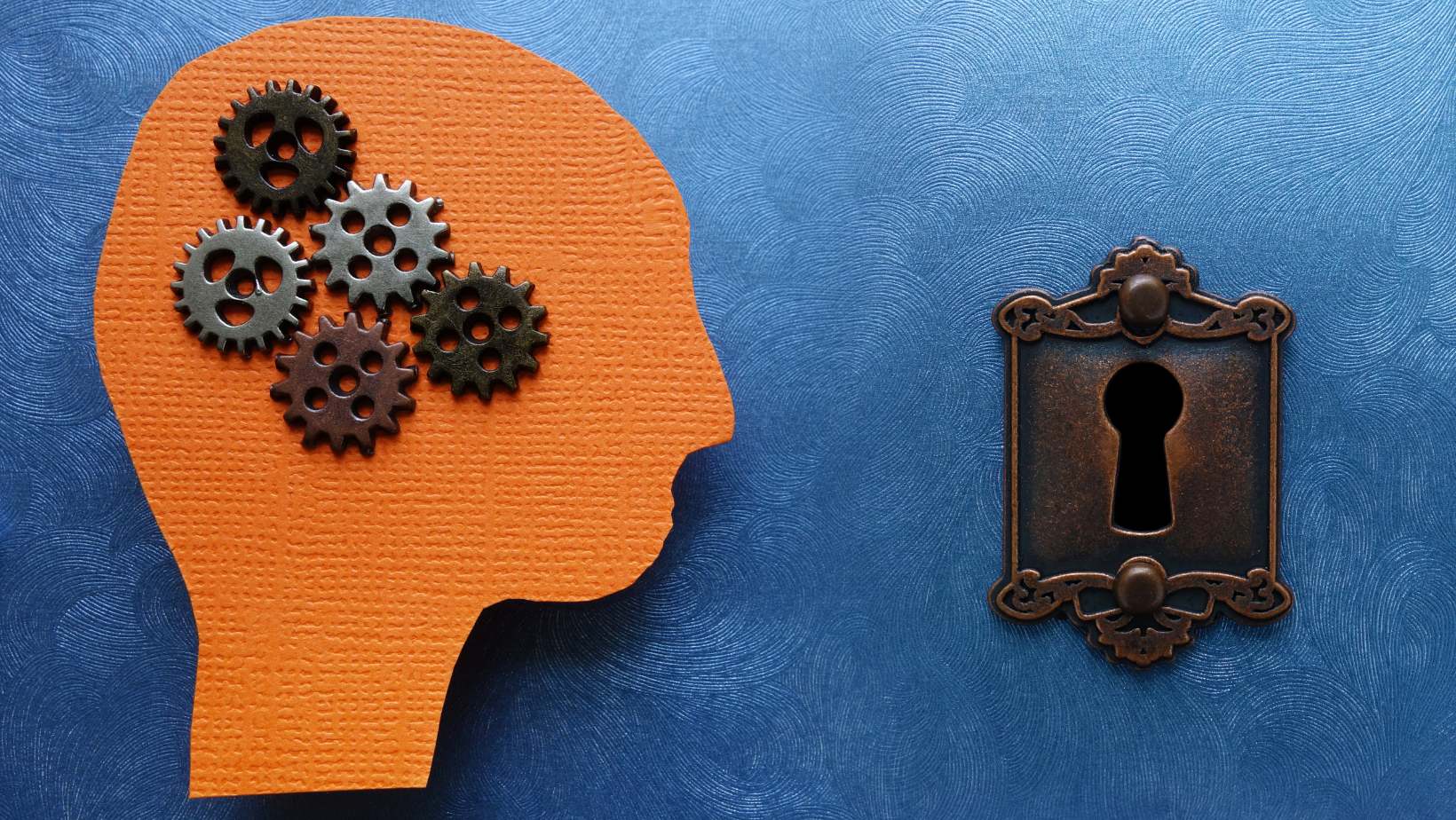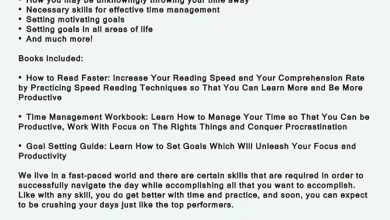What Are The 7 Critical Thinking Skills And How To Develop?

Critical thinking is a crucial skill in today’s rapidly changing world. It allows individuals to analyze information, evaluate arguments, and make informed decisions.
7 critical thinking skills are essential for success in many areas of life, including education, business, science, law, and medicine. Now you may wonder, what are the 7 critical thinking skills?
The seven critical thinking skills are identifying assumptions, recognizing biases, evaluating evidence, identifying patterns and relationships, analyzing arguments, drawing conclusions, and problem-solving.
By developing these skills, individuals can improve their ability to think critically, solve problems, and make sound decisions. This article will explore the 7 critical thinking skills and discuss how to develop and apply them in various contexts.
What Is Critical Thinking?
Critical thinking is a mental process that involves analyzing information, evaluating arguments, and making informed decisions. It is a way of thinking that involves questioning assumptions, challenging beliefs, and using logic and reason to arrive at well-reasoned conclusions.
Critical thinking is a valuable skill in many areas of life, including education, business, science, law, and medicine. It allows individuals to identify and evaluate information, assess the credibility and relevance of arguments, and make informed decisions based on evidence and reasoning.
What Are The 7 Critical Thinking Skills
To think critically, individuals must develop and apply seven key skills to analyze information, evaluate arguments, and make well-reasoned decisions. In this part, we will discuss the skills briefly:
1. Identifying Assumptions
This skill involves recognizing the underlying assumptions that inform a given argument or piece of information. It consists of questioning assumptions and examining them critically to determine their validity and relevance to the issue.
Example: If someone says, “All politicians are corrupt,” they assume that corruption is a necessary characteristic of being a politician. Identifying this assumption helps someone evaluate whether it’s true.
Read More: Why Is Critical Thinking So Important For Professional Ethics?
2. Recognizing Biases
Critical thinkers must be able to identify biases in information or arguments. This skill requires an understanding of how biases influence our thinking and an ability to evaluate information objectively.
Example: Suppose someone is researching the effects of a new medication. In that case, their bias towards the pharmaceutical industry might lead them to overlook negative side effects in their analysis.
3. Evaluating Evidence
Critical thinkers must be able to assess the credibility and relevance of evidence. This skill involves evaluating the quality and reliability of information and determining its significance to the issue at hand.
Example: If someone is trying to decide which car to buy, they might evaluate reviews from multiple sources, consider the car’s safety ratings, and look at the manufacturer’s reputation for quality.
4. Identifying Patterns And Relationships
This skill involves recognizing patterns and relationships in information and using this knowledge to inform decision-making. It requires an ability to synthesize information and connect seemingly disparate pieces of information.
Example: A scientist might notice a correlation between two variables in an experiment and use this information to develop a hypothesis.
5. Analyzing Arguments
Critical thinkers should be able to analyze arguments and identify their strengths
and weaknesses. This skill involves evaluating the evidence and reasoning presented in an argument and assessing its validity and relevance.
Example: If someone is debating a political issue, they might analyze the arguments of both sides to determine which one is more compelling.
6. Drawing Conclusions
Critical thinkers must be able to draw well-reasoned conclusions based on the information available to them. This skill involves synthesizing information, evaluating arguments, and making informed decisions based on evidence and reasoning.
Example: If someone is trying to accept a job offer, they might weigh the salary, benefits, and job responsibilities to decide.
7. Problem-Solving
Critical thinkers must be able to solve problems using logical and analytical thinking. This skill involves identifying and defining issues, evaluating potential solutions, and selecting the best action based on evidence and reasoning.
Example: If someone’s car doesn’t start, they will use their knowledge of car mechanics to diagnose the problem and devise a solution.
How To Develop Critical Thinking Skills?
Developing critical thinking skills is an ongoing process that requires practice and active engagement with information. Below are some effective strategies for developing and honing your critical thinking skills.
- Practice, Practice, Practice: The more you practice critical thinking, the better you will become. Engage with information regularly, question assumptions, and evaluate evidence critically.
- Asking Questions: Questions are a powerful tool for developing critical thinking skills. Ask questions that challenge assumptions, examine the evidence, and clarify understanding.
- Seeking Out Diverse Perspectives: Exposure to diverse perspectives and viewpoints helps you develop critical thinking skills by expanding your understanding of different issues and providing new insights.
- Being Open-Minded: Being open-minded is being prepared to consider many viewpoints and concepts, especially when they go against your own preconceptions or convictions.
- Challenging Assumptions: Critical thinking requires questioning assumptions and examining them critically. Challenge your beliefs and those of others to gain a deeper understanding of issues.
- Engaging In Active Listening: Active listening involves listening with an open mind, seeking to understand others’ perspectives, and asking questions to clarify understanding.
- Using Logic And Reason: Critical thinking involves using logic and reasoning to evaluate evidence and arrive at well-reasoned conclusions. Practice using these skills by analyzing arguments and assessing evidence.
Get to Know: What’s The First Step of Critical Thinking Process?
Real-World Applications Of Critical Thinking
Critical thinking skills are important in academic settings and have numerous real-world applications across different fields and contexts. Let’s explore how critical thinking skills are applied in the real world.
- Education: Critical thinking skills are essential for students to develop a deeper understanding of subjects and to be able to analyze and evaluate information effectively. Students use critical thinking skills to identify biases, evaluate sources, and draw well-reasoned conclusions.
- Business: Critical thinking skills are valuable as they allow individuals to make informed decisions, evaluate risks, and identify opportunities. Business professionals use critical thinking skills to analyze data, evaluate strategies, and make decisions based on evidence and reason.
- Science: Critical thinking skills are critical in the scientific field as they allow scientists to evaluate evidence, make predictions, and draw conclusions based on empirical data. Scientists use critical thinking skills to design experiments, analyze data, and interpret results.
- Law: Critical thinking skills are essential for lawyers and judges as they evaluate evidence, identify flaws in arguments, and make well-reasoned decisions. Lawyers and judges use critical thinking skills to interpret laws, analyze evidence, and decide on legal precedents.
- Medicine: Critical thinking skills are vital as they allow healthcare professionals to evaluate symptoms, diagnose illnesses, and make informed treatment decisions. Medical professionals use critical thinking skills to analyze patient data, assess treatment options, and make well-reasoned decisions.
- Everyday Life: Critical thinking skills are valuable as they allow individuals to evaluate information, make informed decisions, and solve problems effectively. People use critical thinking skills to make decisions about their health, finances, and personal relationships.
Conclusion
By reading this article and understanding what are the 7 critical thinking skills? And their real-world applications, readers are encouraged to develop and apply these skills in their everyday lives. By doing so, individuals can become more informed, effective decision-makers and contribute to a more thoughtful and knowledgeable society.
Critical thinking skills are essential for making informed decisions, solving problems effectively, and approaching issues thoughtfully. The seven critical thinking skills, including analysis, evaluation, interpretation, inference, explanation, self-regulation, and open-mindedness, provide a framework for developing and applying critical thinking skills.



